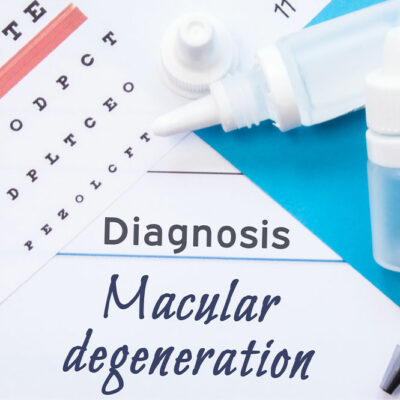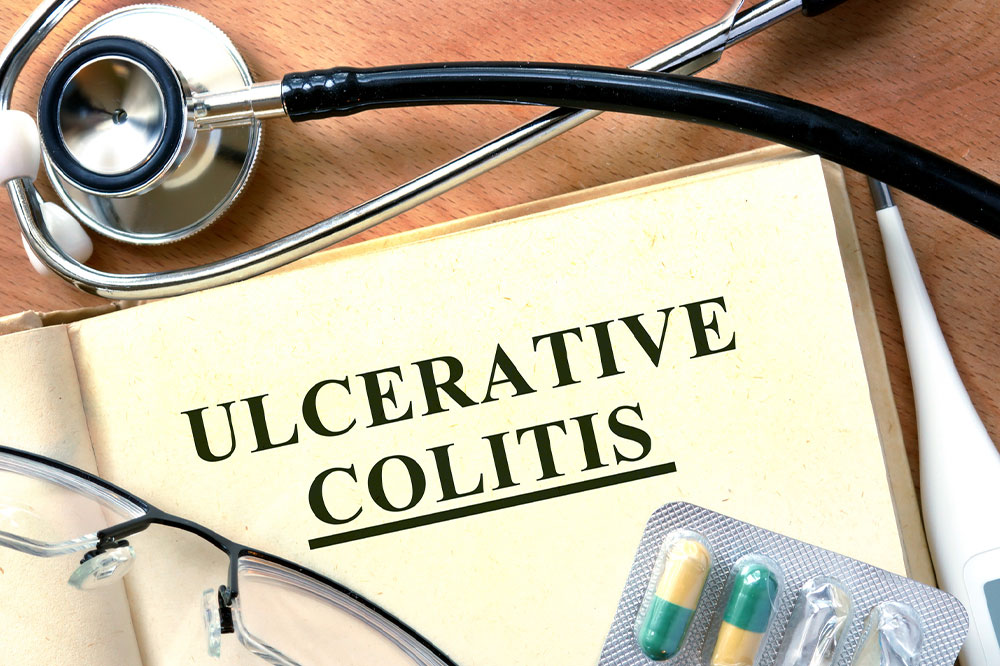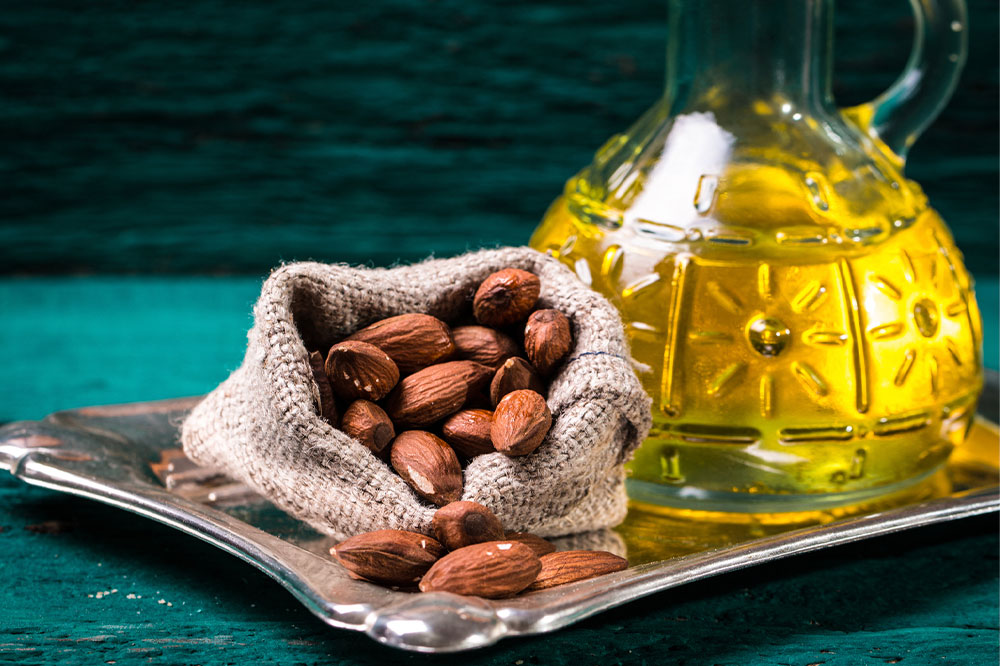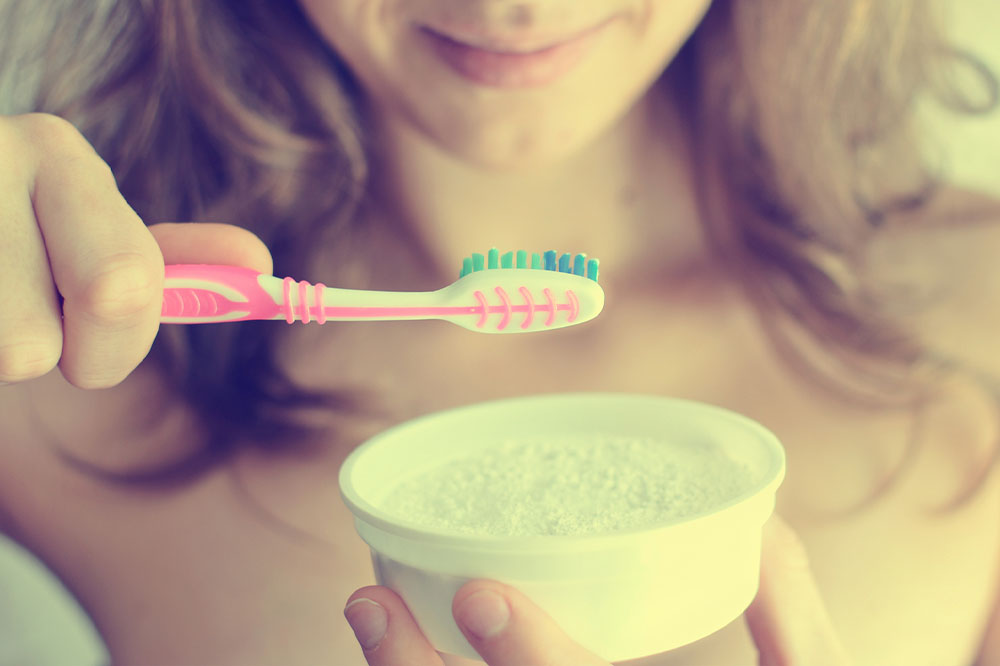9 mistakes to avoid when dealing with sensitive teeth
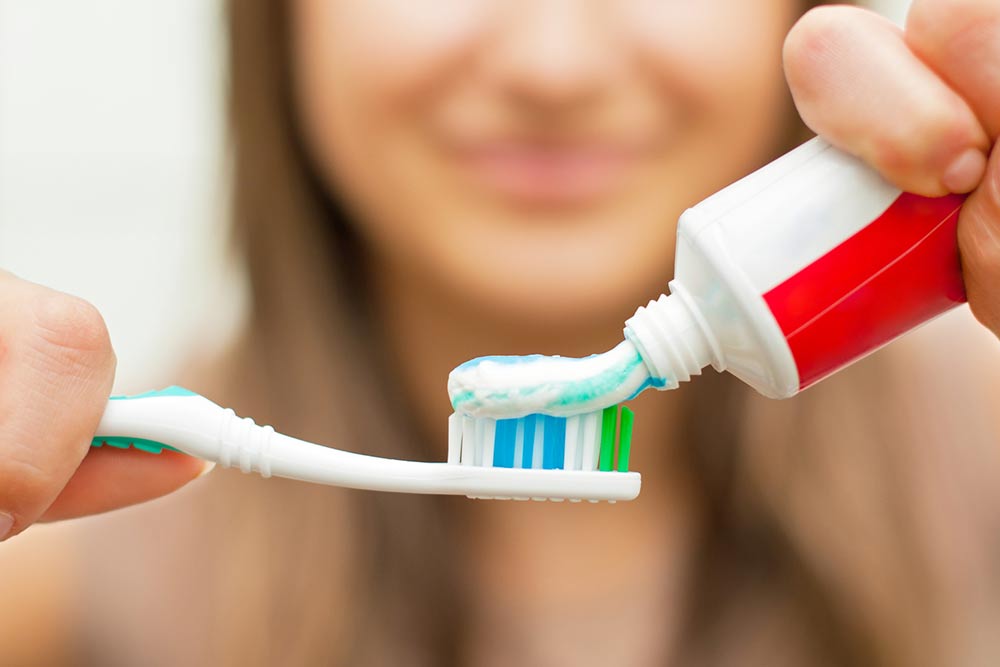
The teeth serve various functions in the human body, including helping us to chew and digest food. However, for some people, tooth sensitivity is a chronic issue that causes pain and discomfort while eating, drinking, and brushing. To deal with sensitive teeth and improve oral health, one may try to adopt techniques that could worsen the condition of teeth. So, here are a few errors to avoid when dealing with sensitive teeth:
1. Using regular toothpastes
One may find their teeth more sensitive than usual after brushing their teeth. Sometimes, the reason here could be regular toothpaste, which contains abrasive materials that may hamper the tooth structure and trigger sensitivity. So, one should instead opt for toothpaste designed for sensitive teeth. These products come with ingredients that could temporarily fill up tiny holes in the enamel and dentin. This prevents pain or cold sensations from triggering the pain sensors in the teeth.
2. Using hard brushes
The types of toothbrushes one uses could also be the cause of heightened sensitivity one feels after brushing their teeth. For starters, stiff bristles are rough on the enamel, which could lead to more microscopic holes, consequently increasing sensitivity. Such toothbrushes may also worsen gum recession and expose dentin and sensitive nerves. So, one should ensure they use a soft-bristled brush and move it gently across the teeth to preserve the surface and maintain gum integrity.
3. Not wearing a mouthguard for bruxism
Bruxism is a condition that makes one grind their teeth at night. This is a common risk factor for sensitive teeth. So, those dealing with bruxism must not avoid seeking treatment for it, as the condition could worsen teeth sensitivity. To deal with bruxism, one will get a custom guard to be worn in the mouth while one is asleep. The guard protects the teeth against pressure and helps reduce damage caused by nighttime grinding.
4. Not consulting a dentist
Whether one is dealing with oral issues or not, regular dental checkups are important. Further, if one has diseased or receding gums and does not visit the dentist, they risk symptoms like sensitive teeth. As the gum tissue breaks down and moves away from the tooth surface, parts of the teeth with no enamel become exposed. As a result, one could experience discomfort while eating or drinking. Speaking to the professional and getting an oral examination could help identify any potential issues that cause or worsen teeth sensitivity. The dentist will also be able to prescribe treatments to help one manage any other conditions.
5. Skipping saltwater gargle
When dealing with sensitive teeth, one must use a saltwater mouthwash at least once or twice daily. One can make this mouthwash by adding two teaspoons of salt to a cup of warm water. The saltwater balances the pH level inside the mouth and creates an alkaline environment to reduce bacterial growth, which can help reduce tooth sensitivity instantly. The mouthwash may also help get rid of plaque in the process.
6. Constantly whitening teeth
One may often bleach teeth to make them seem whiter. However, teeth-whitening products may contain ingredients like hydrogen peroxide, known to damage proteins in the teeth dentin layer. Such damage may result in temporary tooth sensitivity. If one does want to whiten their teeth, they should consult a dentist to find a safe whitening product or technique.
7. High-sugar foods
One of the most common mistakes with sensitive teeth is eating foods that may worsen sensitivity. Ice cream and other sweet treats like candies and juices contain high amounts of sugar, which can be broken down by bacteria on the teeth, leading to decay, a common trigger factor for sensitive teeth. One should also avoid drinking coffee, as the high temperature and acidic levels could worsen sensitivity.
8. Eating acidic foods
While certain fruits and vegetables might be good for the body, they might hurt the teeth. For example, foods like tomatoes, pickles, and citrus fruits are acidic and could wear down the enamel of the teeth. Over time, a high intake of such foods might result in excessive tooth sensitivity. Instead, one should choose foods such as less-acidic fruits and vegetables rich in fiber, cheese, and plain yogurt. These options may help turn the mouth moist, which could help fight the bacteria eating away at the teeth. Drinking green or black tea could also help manage oral health, however, they may stain the teeth.
9. Ignoring oil pulling
Another error one can make is undermining the importance of oil pulling, i.e., rinsing their mouth with coconut oil. Oil pulling is the process of rinsing the mouth with natural, food-grade oil, such as melted coconut oil. This process helps pull out harmful bacteria and toxins, preventing their growth. All one has to do is pour or melt 1 tablespoon of coconut oil and swish it around the mouth for about five minutes. One must then spit out the oil and repeat the process with fresh oil for about 20 minutes. After they do this, one must rinse their mouth with warm, clean water. One can do this often, as frequent oil pulling can help reduce tooth sensitivity.










